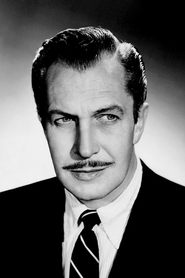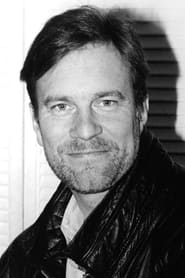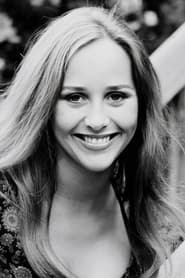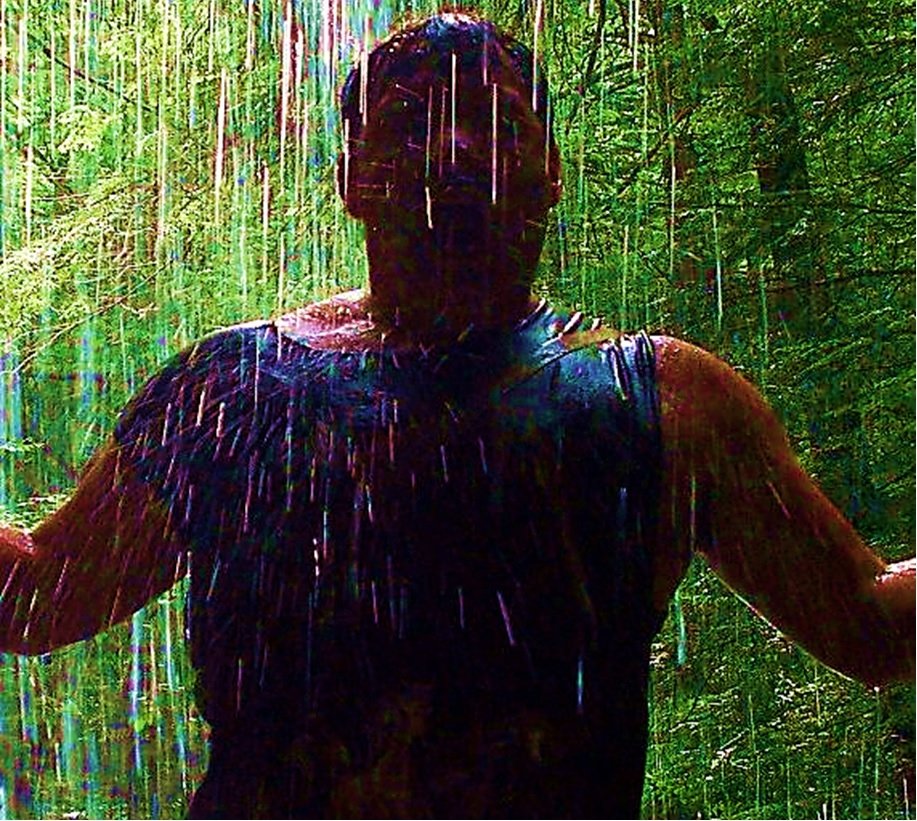Cinema's account of the infamous Matthew Hopkins
The infamous witch-finding exploits of Matthew Hopkins in Eastern England circa 1646 are chronicled based on Ronald Bassett’s 1966 novel. Hopkins (Vincent Price) and his colleague John Stearne travel from village to village brutally torturing "confessions" out of suspected witches and charging the local magistrates for the "work" they carry out.
"Witchfinder General" (1968) is a Tigon production, a minor rival of Hammer Films, retitled "Conqueror Worm" in America with the addition of opening/closing quotes from the Poe poem by Price merely to link the movie to Corman’s Poe-inspired flicks and, theoretically, sell more tickets.
Some call this "the original torture porn" and I suppose the torture scenes were pretty radical in 1968, but the film always struck as a British Western with a simple rape/murder/vengeance plot: A soldier's beautiful fiancé is raped and her uncle tortured & murdered for supposedly being a witch. When the soldier (Ian Ogilvy) finds out, he vows revenge.
In short, it’s like a Western transplanted to 17th century England more so than a torture/horror film, although there is that element. The one death that I found particularly unsettling was where a woman is burned to death by being lowered into a bonfire. It definitely has a lasting impact.
The writer/director was Michael Reeves, a promising young filmmaker. Unfortunately he died of an accidental barbiturate overdose less than nine months after the film was released at the premature age of 25. The dosage was too marginal to suggest suicide; besides, he was already busy working on another film project.
Reeves and star Vincent Price reportedly didn't get along. The director was banking on Donald Pleasence for the title role but, when AIP got involved, they forced Price on him and he had to revise the script accordingly with his cowriter. Reeves mainly objected to Price's somewhat hammy acting style and did everything he could to get Price to play it straight. He would say things like, "Please, Vincent, try to say it without rolling your eyes." At one point Price pointed out to Reeves, "I've made 87 films, what have you done?" The director responded, "Made three good ones.”
After viewing the finished product, Vincent admitted that he saw what Reeves was trying to do and wrote him a 10-page letter praising the movie. After Reeves’ death Price stated: "I (finally) realized what he wanted was a low-key, very laid-back, menacing performance. He did get it, but I was fighting him almost every step of the way. Had I known what he wanted I would have cooperated."
The film is only partially accurate as far as history goes, although the gist is true. The real Matthew Hopkins was in his mid-20s when he committed his atrocities, not almost 60 as was the case with Price. Also, Hopkins & Stearne were reportedly accompanied by female assistants. As far as Hopkins' death goes, tradition tells us that disgruntled villagers caught him and subjected him to his own "swimming test," but there's no actual evidence to support this; most historians believe he died of tuberculosis at home shortly after his torturous escapades in 1647, only 27 years-old.
One of the film's highlights for me is Hilary Dwyer, who plays the soldier's fiancé/wife. She's just a uniquely beautiful woman and a pleasure to behold.
Another strong point is the ending which a man mad with rage hacking someone to death while a just-tortured woman screams and screams. The evil inflicted upon them has brought them to this point of maniacal frenzy. They were venting and it smacks of reality. Despite the downbeat climax I've always viewed it as somehow uplifting for obvious reasons. There's no reason we shouldn't assume that they moved on to live a happy life.
While "Witchfinder General" is not a Hammer film, it is a British movie made at the time when Hammer was in its prime; it therefore has that Hammer vibe, which is why some mistake it for a Hammer picture. Needless to say, if you like Hammer you'll appreciate this. Yet "Witchfinder General" stands apart; it has its own uniqueness, no doubt due to Reeves’ burgeoning genius. As such, the flick is special. Some of the photography is hauntingly beautiful; the protagonists — the noble soldier and winsome Sara — are exceptional; the villains dastardly; and the ending innovative.
So why not a higher rating? Because, as special as this movie is, it's not the most compelling saga, despite lots of action. Artistically, it's gets an 'A' as a low-budget cult flick from that era but, story-wise, there’s room for improvement.
The film runs a short-but-sweet 1 hour, 27 minutes, and was shot in Suffolk & Norfolk, England, both a 1-2 hour drive northeast of London.
GRADE: B+







